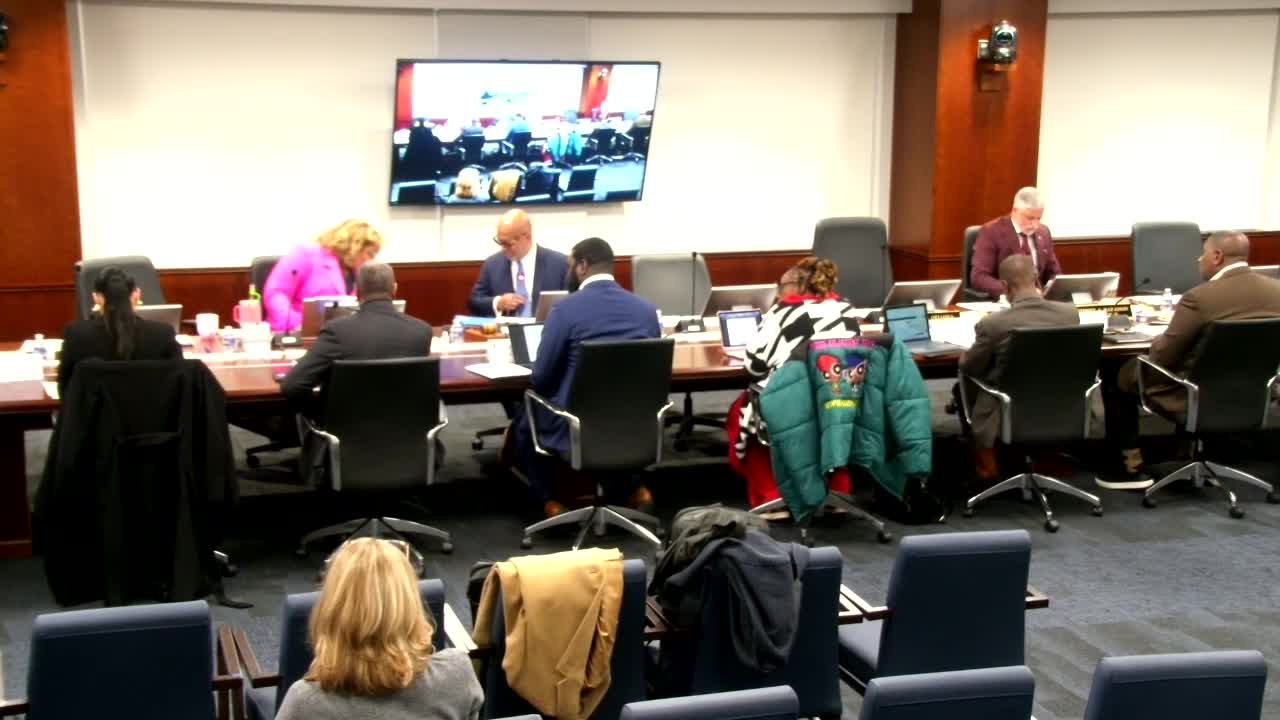Article not found
This article is no longer available. But don't worry—we've gathered other articles that discuss the same topic.
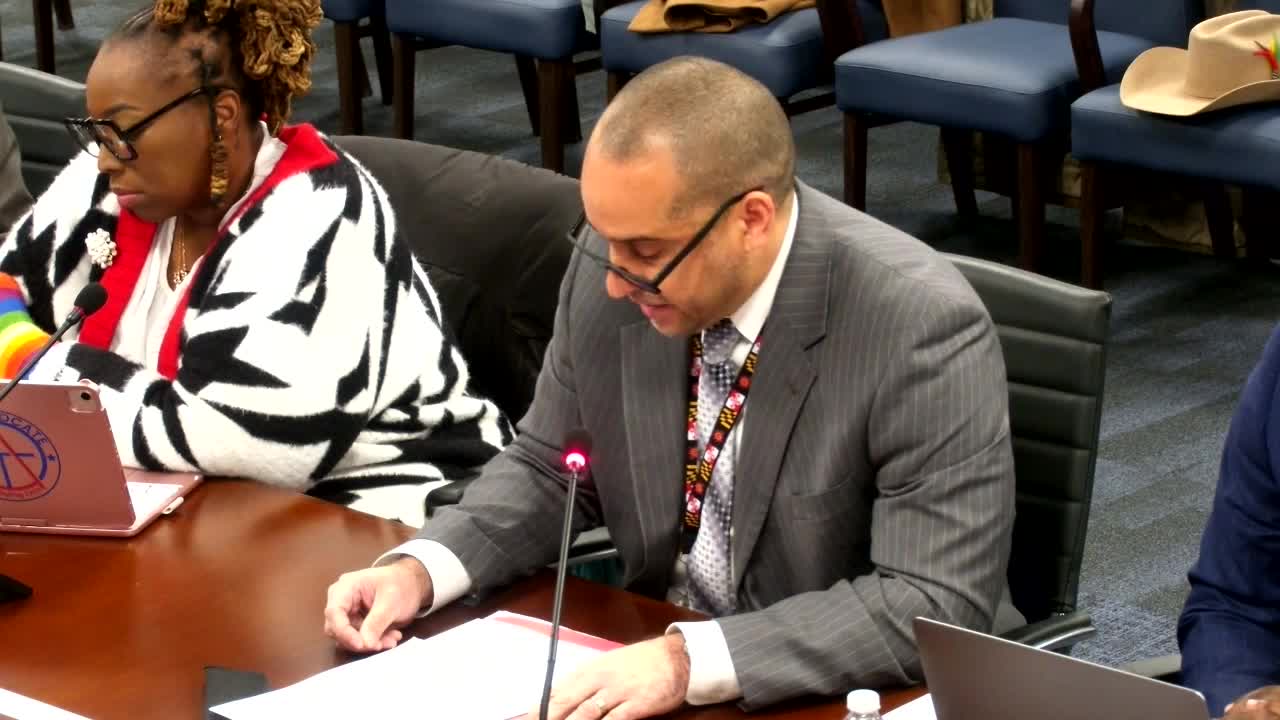
County staff brief committee on governor’s proposed budget; members flag program cuts and federal uncertainty
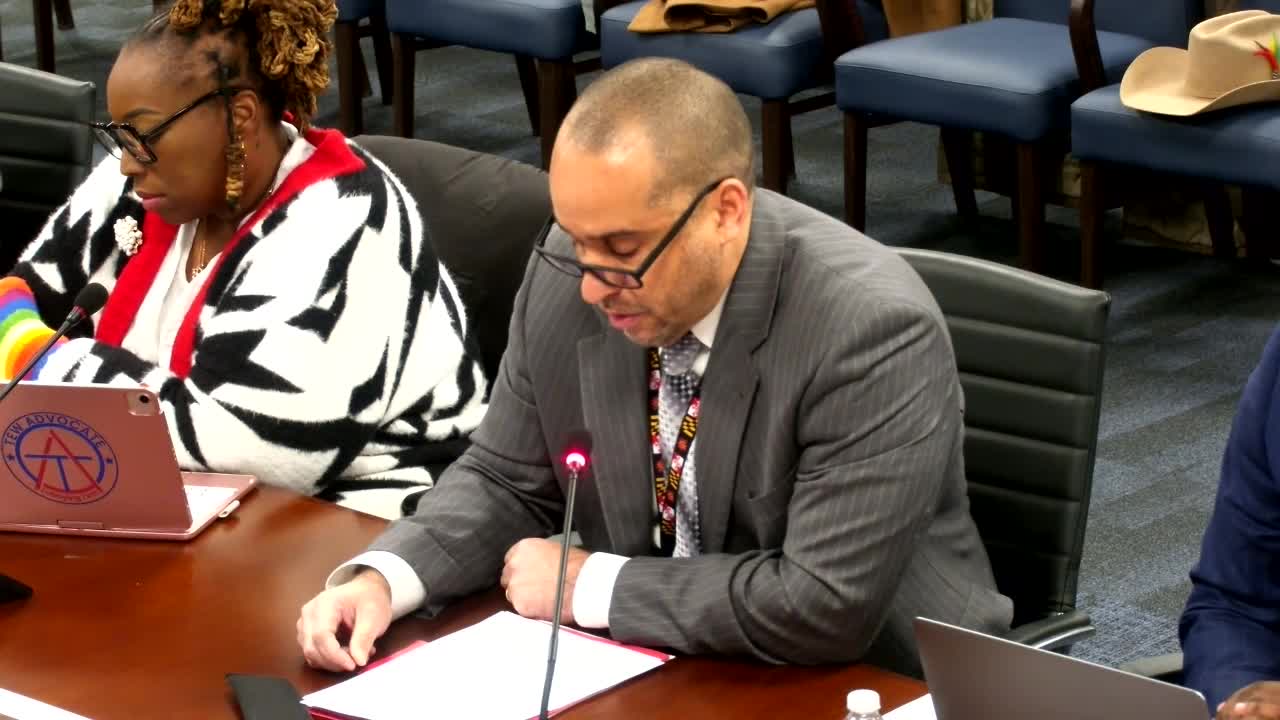
Committee moves organized retail theft bill favorably; administration supports tougher penalties
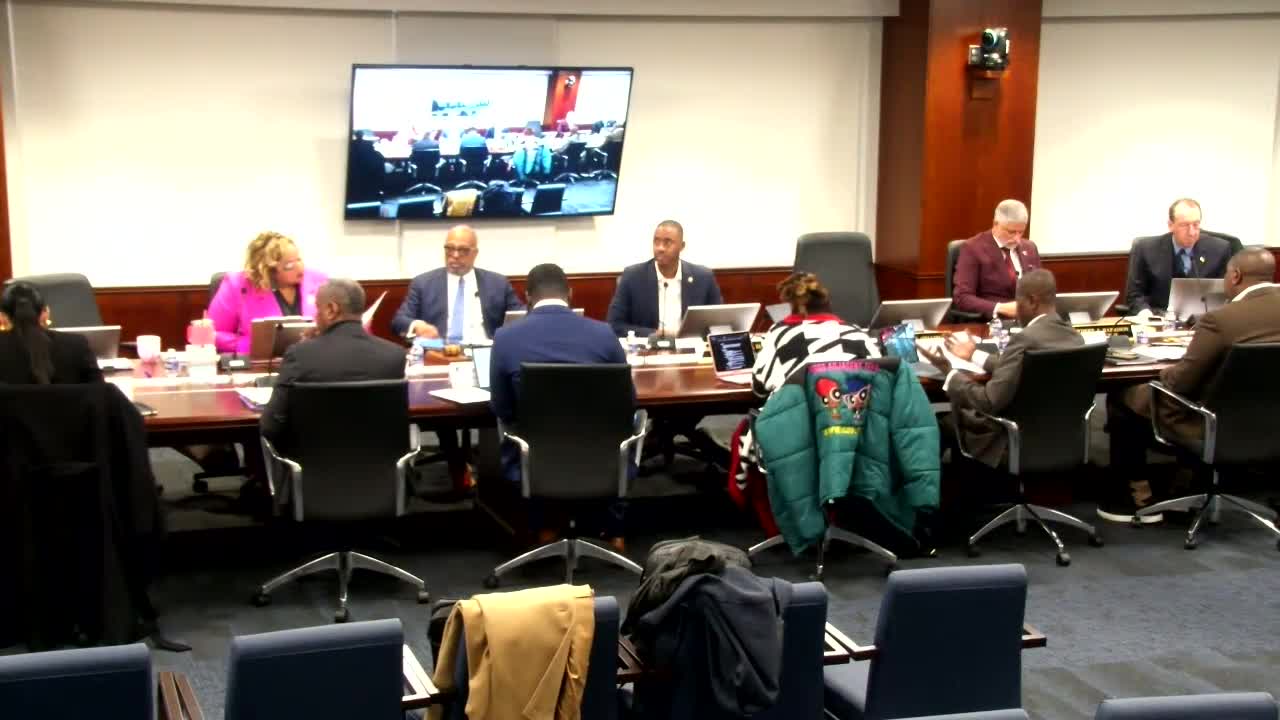
Committee holds bill that would change appointment and reporting structure for school system integrity office
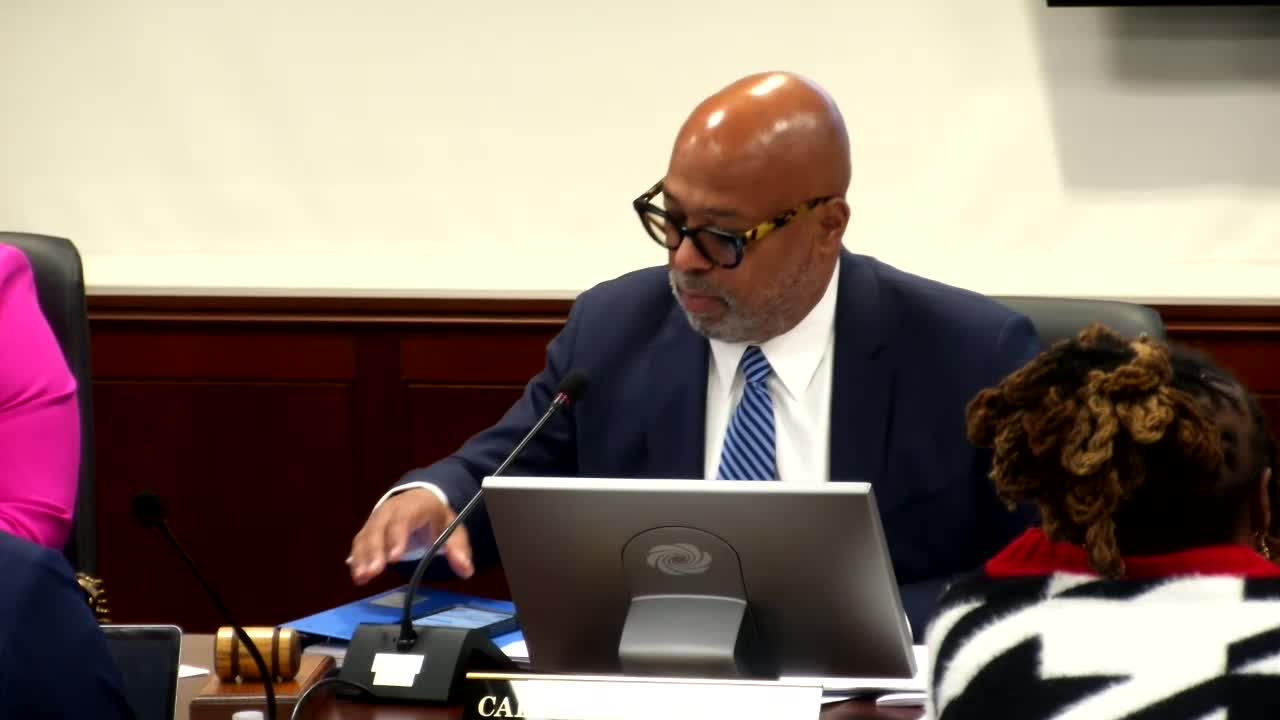
Committee backs coordinated youth violence review and response team, asks amendments and report‑deadline change
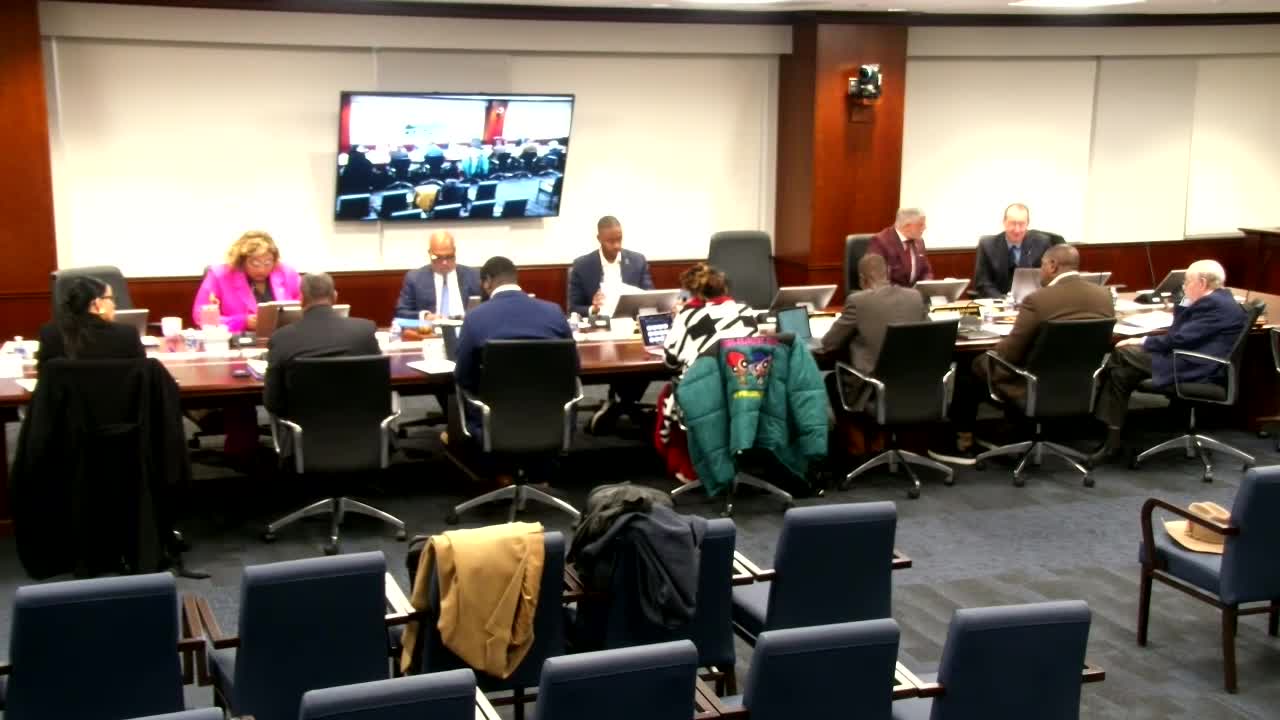
Committee backs permanent expansion and tougher penalties for Route 210 speed‑monitoring program
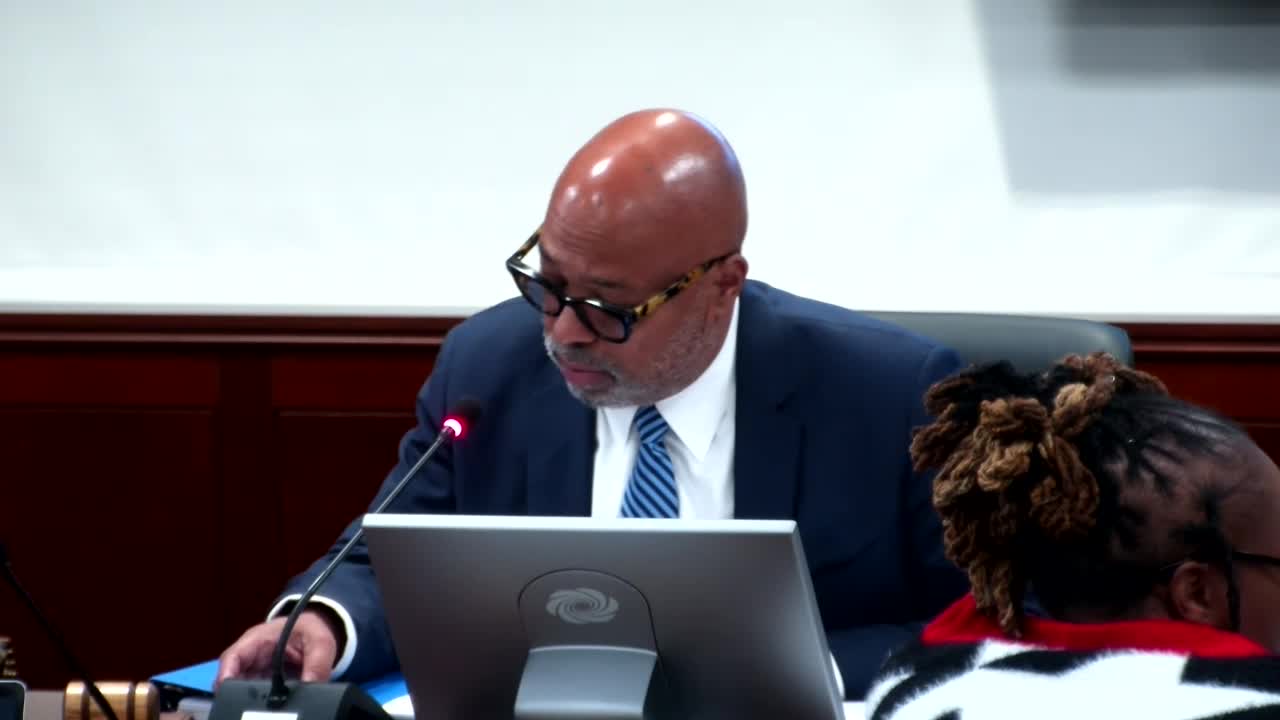
Committee holds indefinitely county tax‑credit bill for employers offering parental engagement leave
